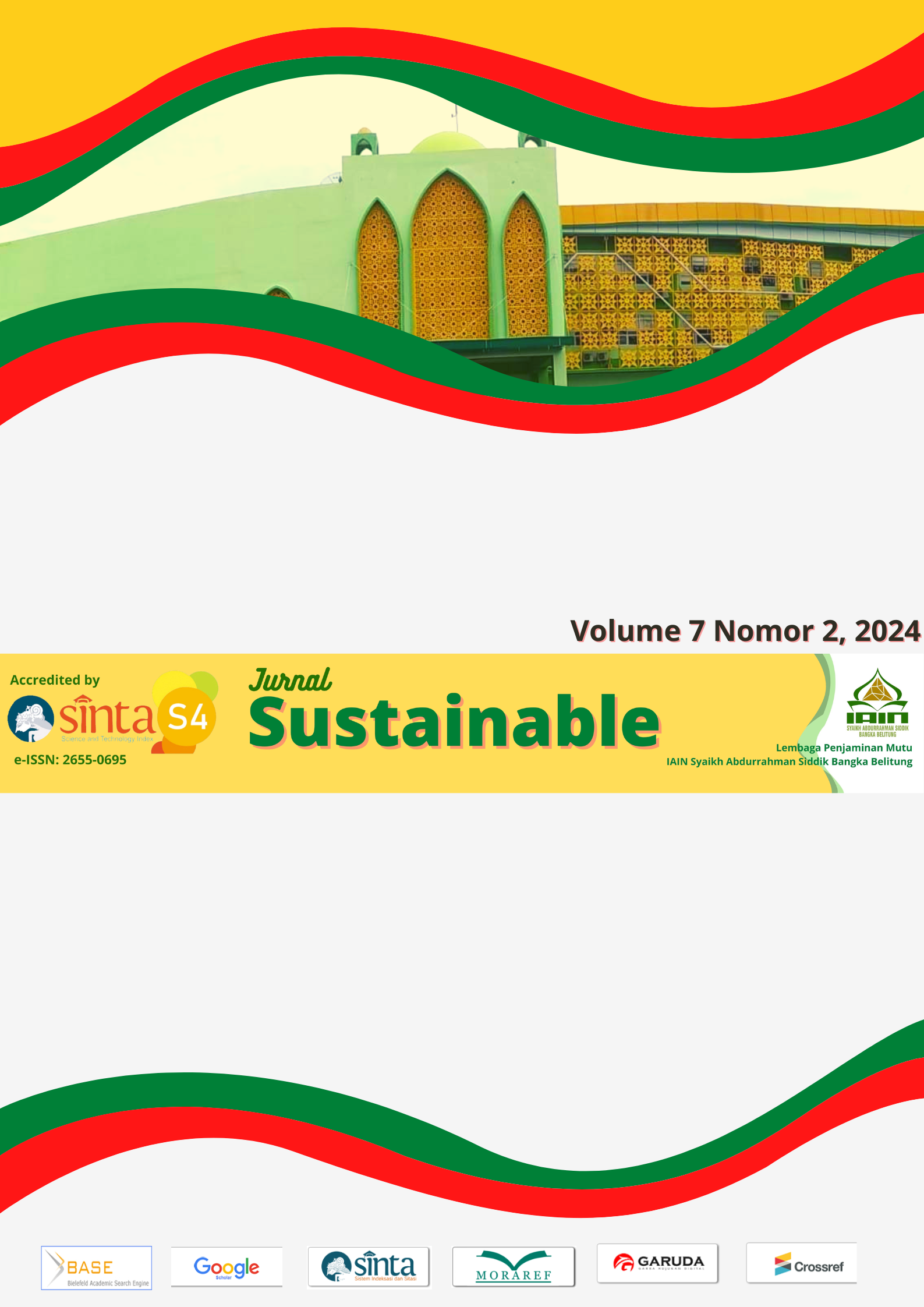The Comparison of Moral Education According to Ibn Hibban and Al Muhasibi
Abstract
Moral education is an integral part of Islamic education, aiming to develop individuals of character, religious devotion, and good manners. Imam Ibn Hibban and Al-Harith bin Asad Al-Muhasibi provide unique perspectives on the goals, content, and methods of moral education. This study examines the differences and similarities between their views, focusing on intellectual and spiritual approaches in moral education. Imam Ibn Hibban emphasizes the role of knowledge and intellect in fostering a love for good morals and avoiding vice. He sees morality as a reflection of one's intellectual understanding, requiring education to integrate cognitive, affective, and psychomotor elements. Conversely, Al-Harith bin Asad Al-Muhasibi approaches moral education through a Sufi lens, prioritizing the purification of the soul (tazkiyatun nafs) and closeness to Allah. He stresses the importance of controlling desires, introspection (muhasabah), and spiritual role models in shaping morals. Both scholars agree on the significance of manners and environmental influences in shaping behavior but differ in their emphasis on knowledge and manners as the foundation of morality. The findings underscore that Islamic moral education is rooted not only in knowledge but also in profound spiritual and moral dimensions.
Downloads
Copyright (c) 2024 Hendra Mulyadi, Akhmad Affandi, Muslihudin Muslihudin

This work is licensed under a Creative Commons Attribution 4.0 International License.






.png)
